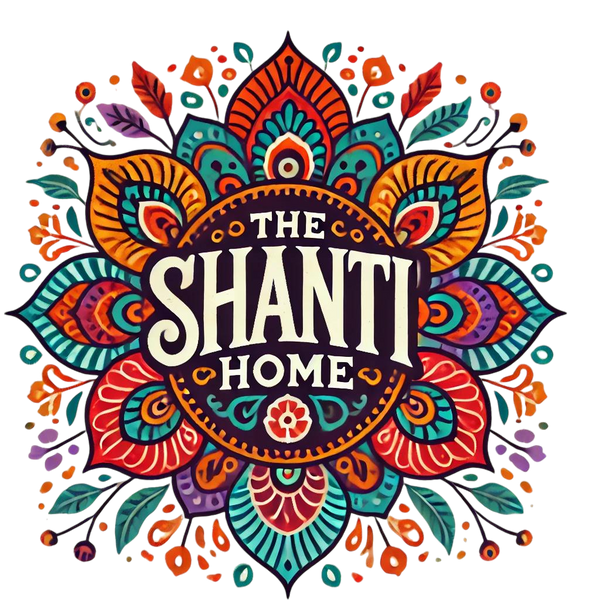Name: Fayaz Khan
Address: Im Niederdorf 2, Germany
Email: theshantihome@gmail.com
European Manufacturer: Yes
Magical, handmade, hippie boho style home decor from India







The Shanti Home
Couldn't load pickup availability
Hand felted wool rug "Namda" made of pure wool and hand embroidered
In the mystique state of Kashmir in the North Indian Himalayan region, no matter poor or rich, it is traditional to sit on the floor and the floor can get really cold in the Himalayan region of Kashmir. Namdas, made of pure wool - hand felted and embroidered, are not only decorative rugs and magical, unique pieces of textile art, but also the best answer to cold floors and perfect for beautiful floor seating arrangements. They are also used as decorative bed covers or to adorn any corner of the home with its beautiful embroidery as bohemian tapestry How about using it for your cozy boho bedroom corner? You will love the "natural feeling" of it!
This one of a kind Namda: rug base is dyed with veg. colors in white and embroidered with woolen threats in a traditional geometrical Kashmiri design.
The color combination is amazing and this one of a kind rug will be an eye-catcher in your home.
Size is approximately 6 by 7 feet
(please note: the Namdas are never perfectly rectangular or straight) There can be small differences in color due to the nature of naturally died wool for the embroidery.
Material: sheep wool embroidered with veg. dyed woolen threats
This specific rug is very special due to the "full embroidery" it takes around 3-4 weeks to create an embroidered felt rug like this.
The story of a traditional "Namda" :
Pure sheepwool , from the mountain area of Kashmir, is collected, cleaned and dyed. Then woolen flakes are spread evenly on a jute mat (minimum 3 layers of dyed and natural - like a sandwich), then sprinkled with soap water. The mat is then rolled tightly , tied up and compressed bx rolling it on the floor with the help of hands and feet for a long time. The ready plain Namda is then dry washed by the local women and finally embroidered by hand with the Aari (needle hook), traditionally floral designs are used but also geometric and more modern designs are possible.
The word "Namda" comes from the 11th century, when the Mughal King Akbar searched for a suitable cover for his cold bitten horse. An old man named "Nubi" offered his felt covering, which he had made himself. It was beautifully embroidered and Akbar was so impressed by the workmanship, that he bestowed great honors to "Nubi" and his village and the craft of making "Namda"s became famous. Originally the sufi saint Sha-e-Hamadan brought this and other crafts from Persia to Kashmir: "give a poor man a fish and he will eat for a day, teach him how to fish and he will have food his whole life"







Name: Fayaz Khan
Address: Im Niederdorf 2, Germany
Email: theshantihome@gmail.com
European Manufacturer: Yes
Subscribe to our mailing list for insider news, product launches, and more.

